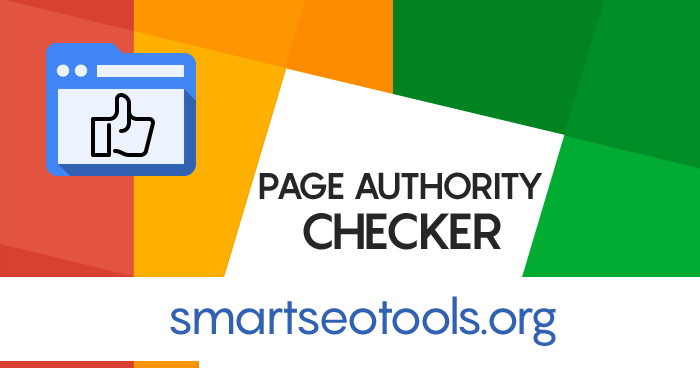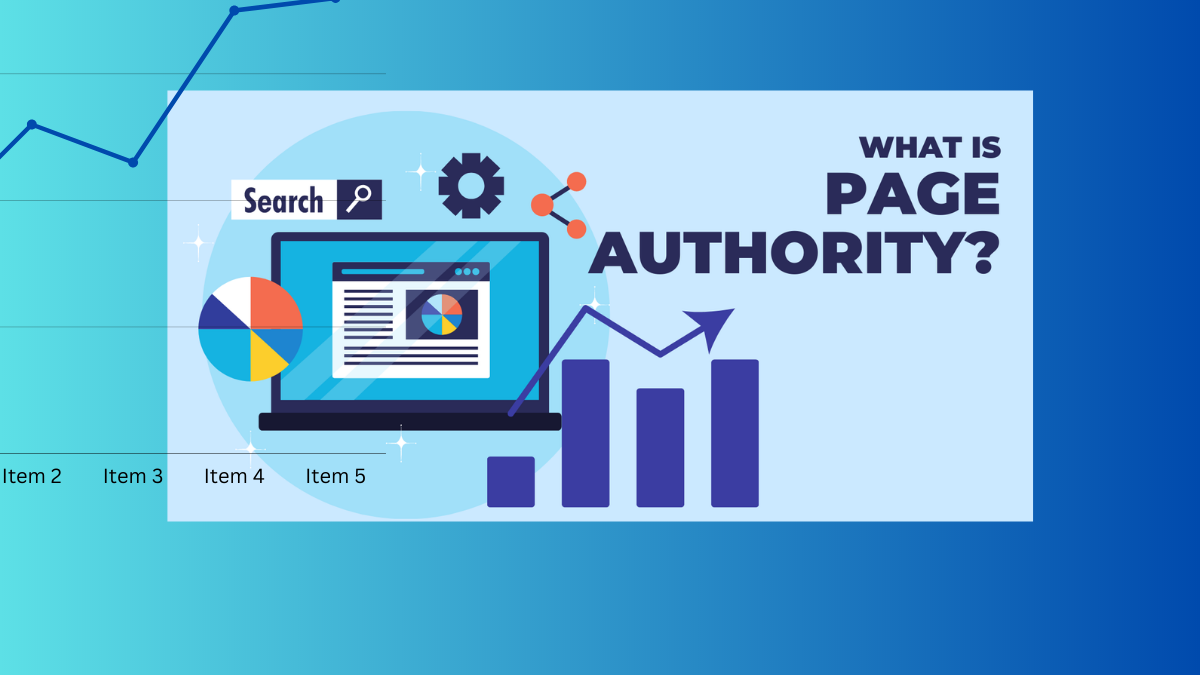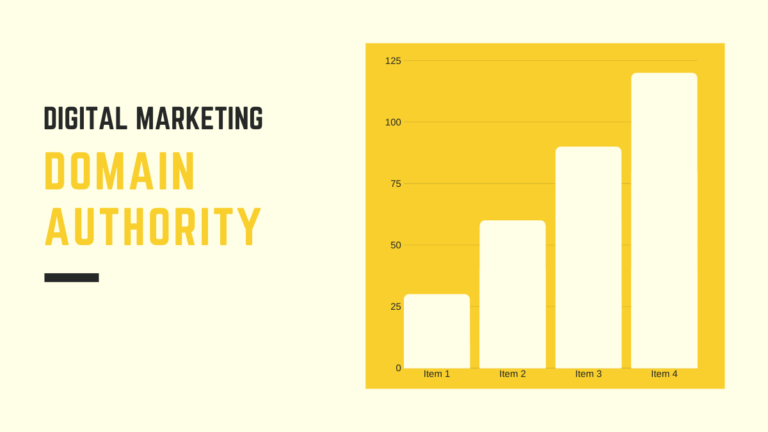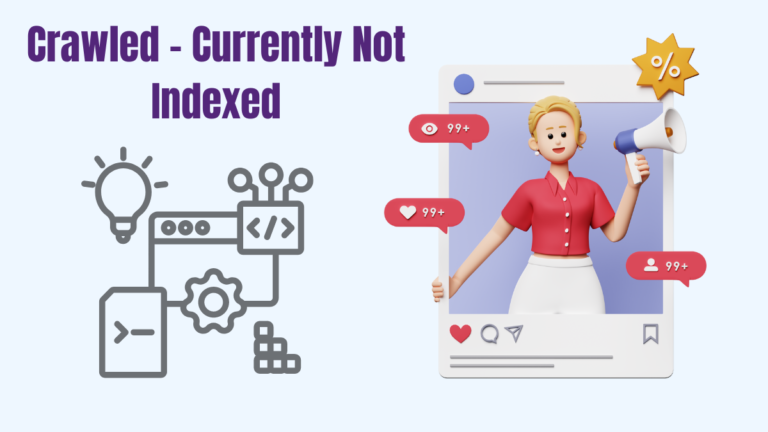What Is Page Authority?
Are you tired of feeling lost in the vast sea of search engine rankings? Do terms like “page authority” leave you scratching your head and wondering what it all means? Well, fear not! In this blog post, we’re going to dive deep into the world of page authority and unravel its secrets.
Whether you’re a seasoned SEO expert or just starting out on your digital marketing journey, understanding page authority is crucial for boosting your website’s visibility online. So buckle up and get ready to discover how page authority can make all the difference in skyrocketing your website’s success!
Table of Contents
Introduction to Page Authority
Page Authority (PA) is a score developed by Moz that predicts how well a website will rank on search engines. A PA score ranges from one to 100, with higher scores indicating a greater ability to rank. PA is one of many factors that can affect your website’s ranking on search engine results pages (SERPs).
While your site’s Page Authority score is a good indicator of your website’s ability to rank, it’s just one of many factors. Other important factors include Domain Authority, link popularity, and on-page optimization. To learn more about how these factors affect your website’s ranking, check out Moz’s articles on SEO.
What is Page Authority?
Page authority is a metric used to score the strength of a given web page. It is one of many factors that search engines use to rank pages in search results. Page authority is calculated by Moz, using a variety of data sources including Moz’s own link data.
Page authority scores range from 1 to 100, with higher scores indicating a greater ability to rank in search engine results pages (SERPs). The metric can be used as a comparative measure for individual pages or across an entire website. For example, a website with a strong home page may have a high page authority score, while an individual blog post may have a lower score.
Moz’s page authority metric is constantly updated as we collect new data, so it is important to check back regularly to see how your pages are performing.
Factors Influencing Page Authority
There are many factors that influence page authority, some of which are within your control and others that are not. Here are a few of the most important factors:
- The age of your domain – Older domains tend to have more authority than newer ones. This is because they’ve had more time to build up trust with search engines and accumulate backlinks.
- The number of backlinks pointing to your page – The more high-quality backlinks you have, the higher your page authority will be. Quality is more important than quantity here, so focus on getting links from reputable websites.
- Your page’s content – Creating informative and keyword-rich content will help your page rank higher in search results, which will in turn increase its authority.
- Your website’s overall design and user experience – A well-designed website with a good user experience (UX) is more likely to rank higher in search results and earn more backlinks, both of which will boost your page authority.
How To Improve Page Authority?
There are a number of ways to improve your page authority, and the most effective methods will vary depending on your individual website and goals. However, some general tips that can help include:
- optimizing your website for search engines
- creating high-quality, keyword-rich content
- building links from other authoritative websites
- promoting your website and content through social media and other online channels
By following these tips and continually working to improve your page authority, you can ensure that your website is as visible and successful as possible.
Tools to Measure Page Authority
There are a few different ways that you can measure the page authority of a given page. The most common method is to use one of the many tools available online.
One popular tool is Moz’s Page Authority (PA) metric. This metric is based on a number of factors, including link metrics and on-page factors. To get started, simply enter the URL of the page you want to check into the PA tool.
Another option is to use Majestic’s Trust Flow (TF) metric. This metric is based on links from trustful websites. Again, simply enter the URL of the page you want to check into Majestic’s TF tool.
You can also use Alexa’s Traffic Rank (ATR) to get an idea of a page’s popularity. To do this, simply enter the URL of the page you want to check into Alexa’s ATR tool.

Conclusion
What Is Page Authority? It is an essential metric to consider when measuring the overall strength of your website. It plays an important role in helping you understand how well your page will rank in search engine results and can help you identify areas that need improvement. By understanding what page authority is, how it works and what factors influence its score, you can make more informed decisions about optimizing your webpages for better performance.






